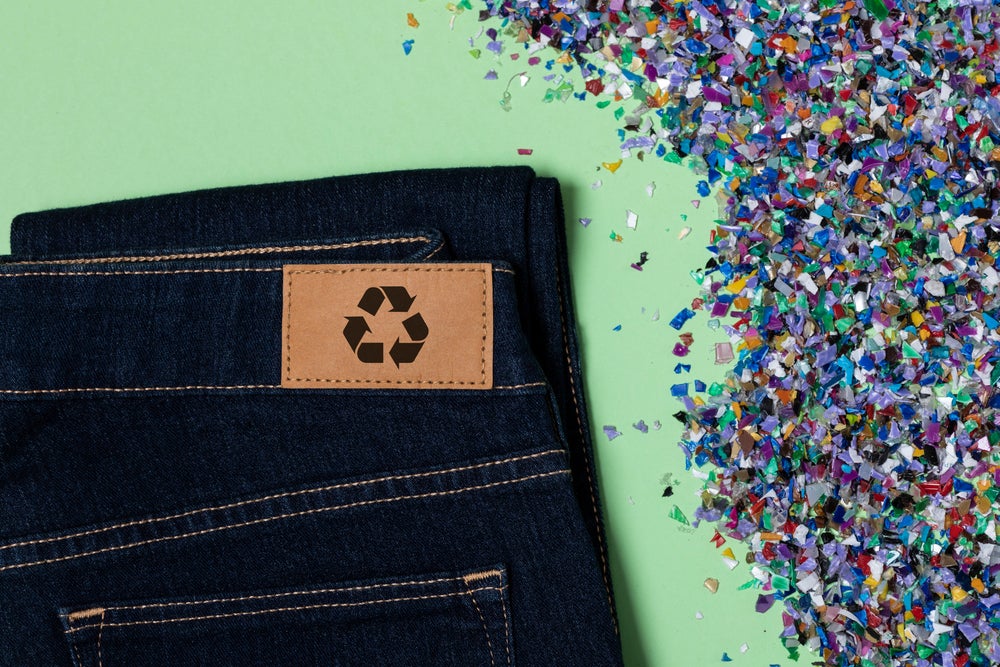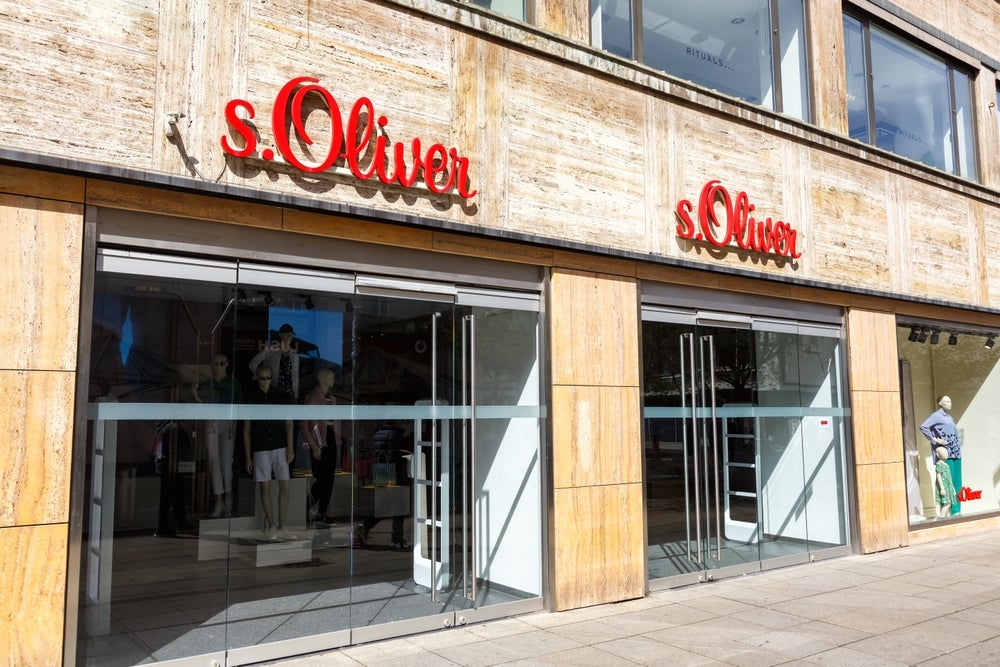
UKRI has recently announced a £6m investment, in addition to the previously announced £1.75m for textile waste research project, to create three complementary networks of researchers which it claims will support the industry’s transition towards more sustainable practices.
The agency says that although the fashion and textile industry is estimated to be worth £21bn to the UK economy, and provides more than half a million jobs, the global sector is also responsible for an estimated 8% of greenhouse gas emissions and 20% of wastewater.
UKRI claims that fashion uses more energy than the aviation and shipping sectors combined. UKRI also believes that the complexity of the industry makes it difficult to understand its true impact on the environment.
UKRI has partnered with industry experts and other stakeholders to build a bank of data and knowledge, and support innovation that helps move the industry towards sustainable circular business models.
Professor Peter Liss, interim executive chair of the Natural Environment Research Council, part of UKRI, says: “We need to better understand the true impact. This investment will bring together industry experts and researchers in environmental science and fashion to embed sustainability in the fashion and textile industry.”
Sustainability Research Projects
The three projects funded by the £6m investment are:
How well do you really know your competitors?
Access the most comprehensive Company Profiles on the market, powered by GlobalData. Save hours of research. Gain competitive edge.

Thank you!
Your download email will arrive shortly
Not ready to buy yet? Download a free sample
We are confident about the unique quality of our Company Profiles. However, we want you to make the most beneficial decision for your business, so we offer a free sample that you can download by submitting the below form
By GlobalData- Back to Baselines in Circular Fashion and Textiles Network – This project was awarded £1.6m and is being led by led by Professor Stephen Russell from the University of Leeds. This interdisciplinary Network will determine how to assess, evidence, and monitor the sustainability credentials of current and proposed practices across the fashion and textile industry to ensure congruence with Net Zero targets.
- Future Fibres Network (FFN+) – With £1.6m funding this project is led by the University of Exeter’s Professor Tamara Galloway. It aims to embed environmental sciences at the heart of fashion and textile sectors, to establish systematic, circular and sustainable principles as the norm, and to build a critical mass of transdisciplinary expertise and methodologies.
- IMPACT+ Network – Led by Dr Alana James of Northumbria University, this project has £1.4m funding and will address contemporary challenges encountered when measuring the environmental impact of products, processes and behaviours across the fashion and textile value chain.
The funding for these projects was awarded by the Natural Environment Research Council, the Arts and Humanities Research Council and Innovate UK, all part of UKRI. This investment is a key part of UKRI’s previously announced £15m Circular Fashion Programme.
Adam Mansell, CEO of UKFT, says: “Sustainable manufacturing and recycling infrastructure will be key drivers in the move to a circular fashion ecosystem here in the UK. We’re excited to work with the BFC to support our industry to connect, collaborate and share experiences to build the most resilient, sustainable and competitive sector for future generations.”
Caroline Rush, chief executive of the British Fashion Council, believes the British fashion industry to be a leader in creativity, while its founders and entrepreneurs are leading entrepreneurs.
However, she says, in order to responsibly grow businesses at a time of great change requires platforms, support and coordination. Rush continues: “We look forward to working with industry and government to support the UK in retaining its reputation as creative leaders in a global industry and to develop its ability to responsibly and collectively address how we accelerate to a leading Circular Fashion Eco-System in the UK.”
Textile Waste Research project (Uni of Huddersfield)
In a previous announcement by UKRI, the agency chose the University of Huddersfield’s professor Dr Chenyu Du to lead one of five major research projects worth £1.75m to transform textile waste into recycled plastics.
UKRI describes it as a “step change” in the sustainability of plastics aimed at reducing the huge environmental damage that plastics cause.
As part of the agreement, Dr Chenyu Du, a professor in Biochemical Engineering within the School of Applied Sciences at the university, will be leading the new project following the £1.75m research grant from UKRI’s Engineering and Physical Sciences Research Council and Biotechnology and Biological Sciences Research Council.
With key input from academic and industrial partners, the Huddersfield-led project will adapt two innovative processes to the recovery of polyester and cellulose from mixed cotton and polyester fibres.
The university explains that by working closely with Professor Parik Goswami, director of the University’s Technical textiles research Centre, Professor Du’s project will also demonstrate how these materials can be upcycled for re-spinning into new fibres for new textile products.
Professor Du points out that making clothes uses tremendous resources and energy, so to end its life in a landfill or incineration after hardly any usage is a huge and unnecessary waste.
He says: “Currently, just less than 20% of the plastic used by the textiles industry is being recycled. Our ambition is to be able to recycle a majority of, if not all, textile industry waste and to discover new and innovative methods for its reuse.”
In fact, Professor Goswami says that this research project being led by Professor Du is part of a wider set of projects which are set to tackle the “biggest problem of our generation.”
He adds: “All these projects are designed to enrich the textile eco-system and create a roadmap towards net zero.”
The university highlights that just five projects from throughout the UK have been chosen by the UKRI to take part, with each one helping to deliver a step change in the sustainability of plastics under its own theme.
These research projects and initiatives are coming at a time when the European Commission’s new proposed rules will make fashion brands and retailers responsible for the full lifecycle of textile products and will require them to financially support the sustainable management of textile waste across the EU.







